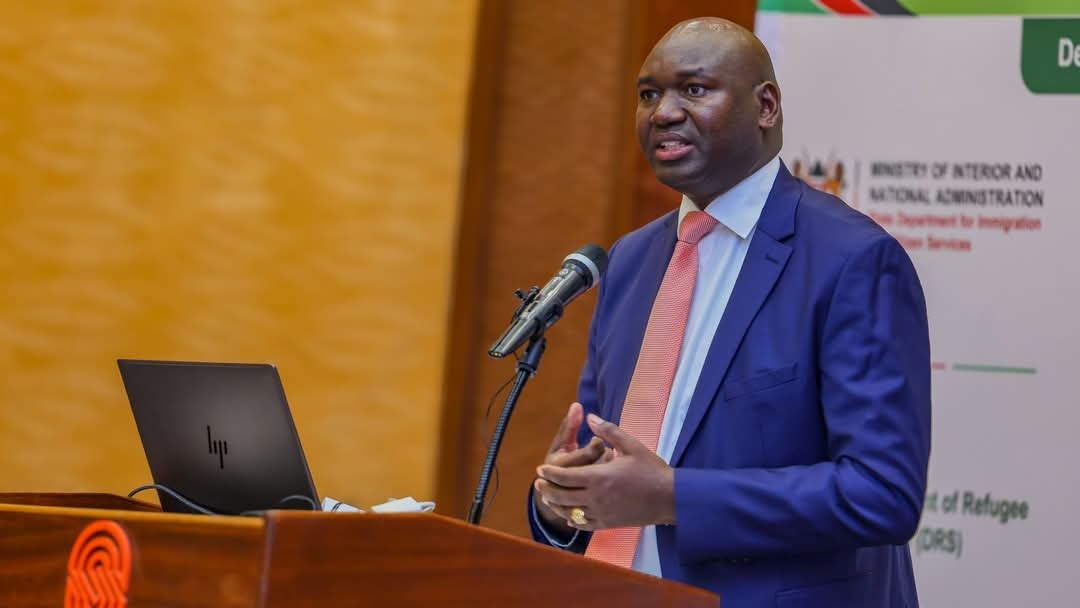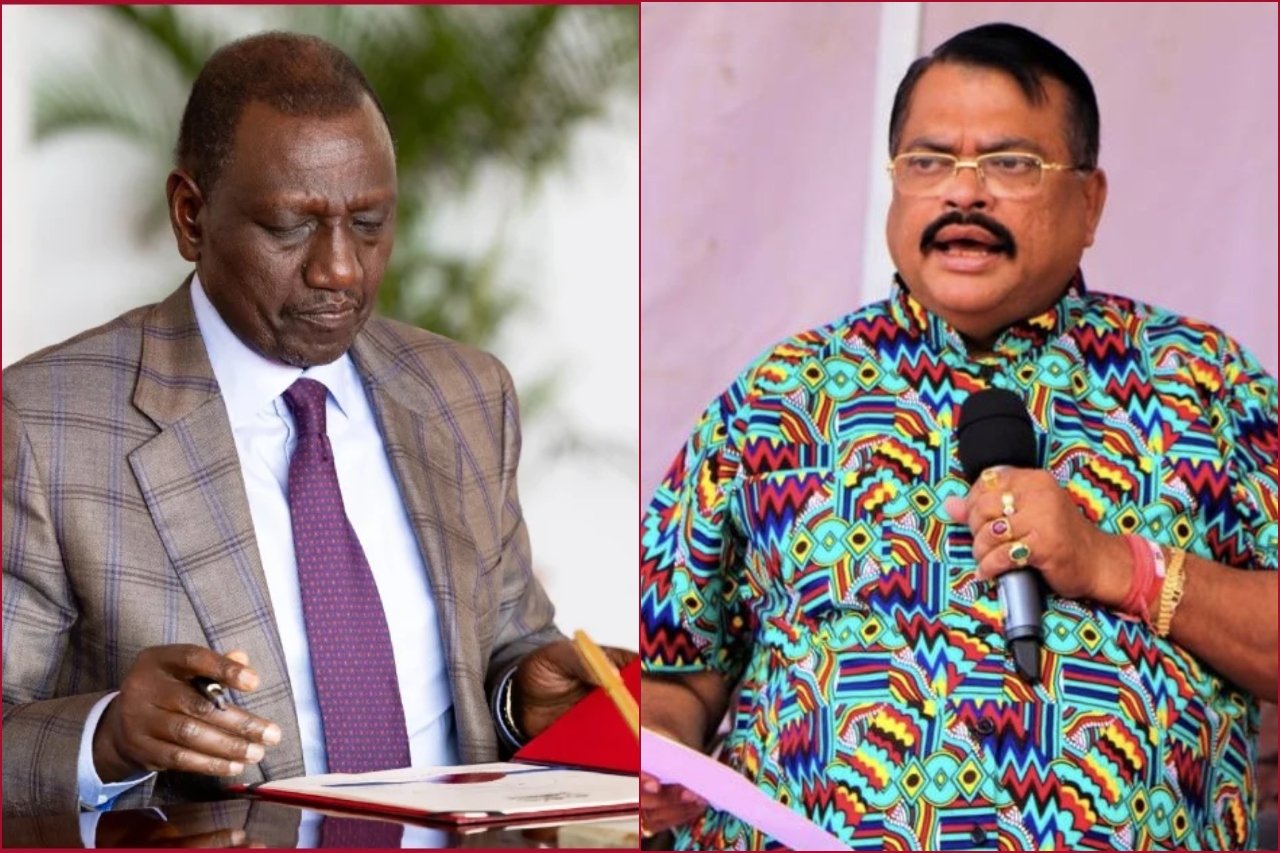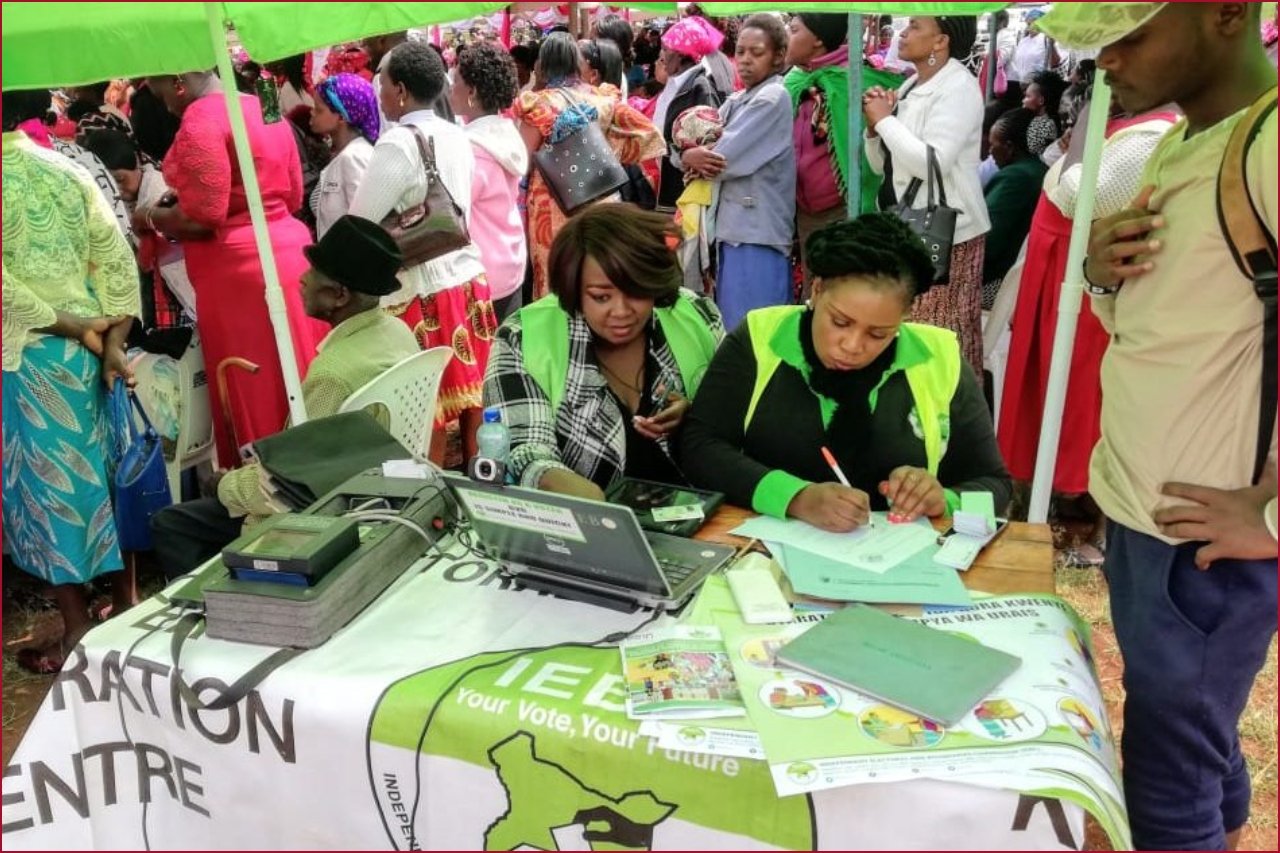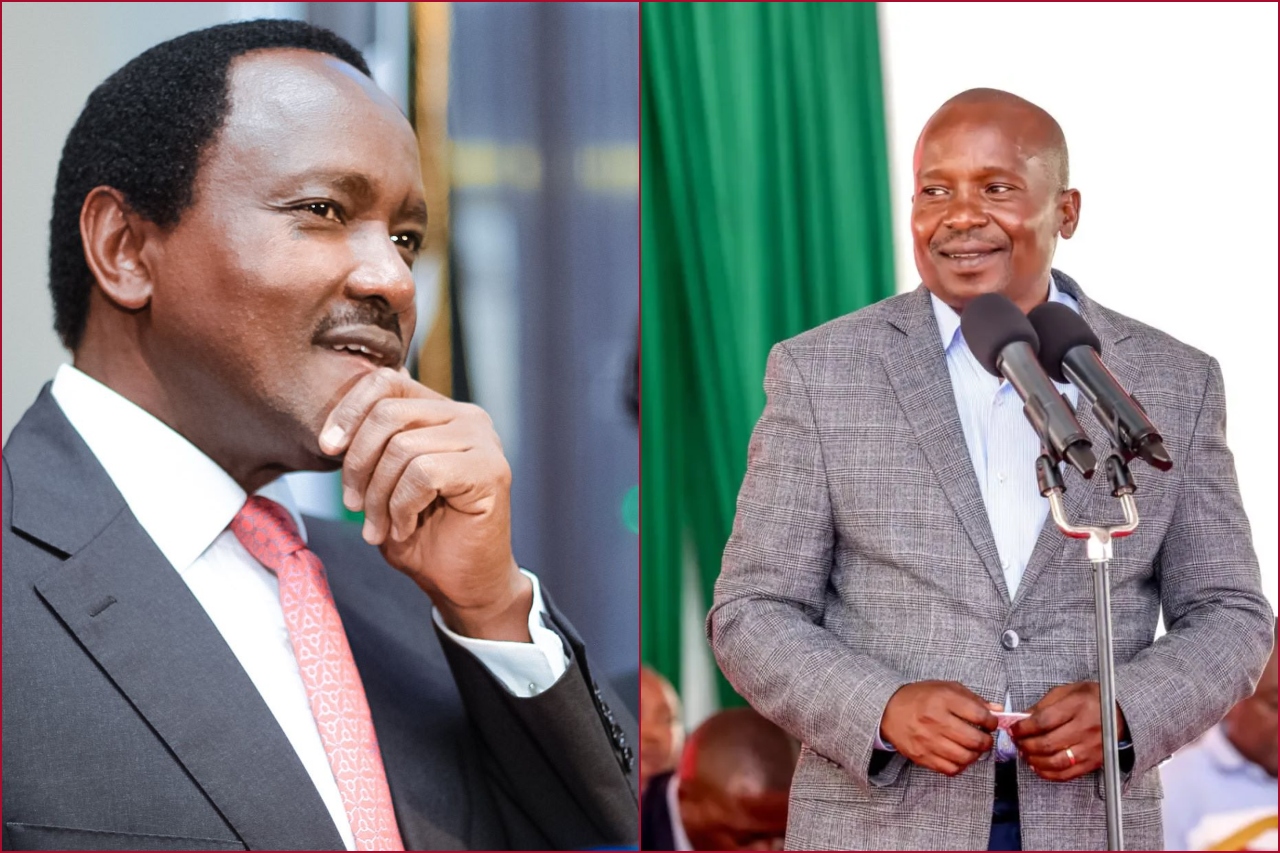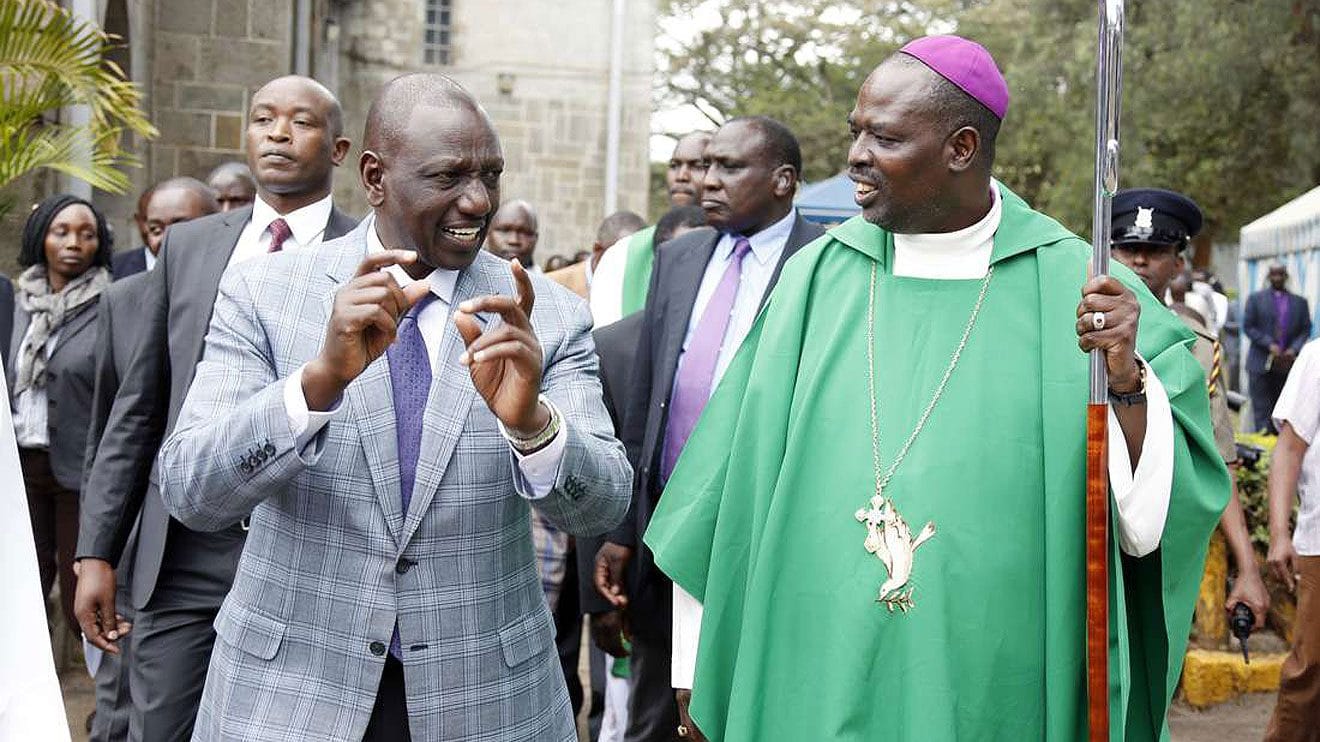The government will appeal a High Court ruling that declared illegal its directive requiring parents to pay fees for national schools through the eCitizen platform.
Speaking on Wednesday, March 2, Education Principal Secretary Julius Bitok confirmed that while the Ministry of Education respects the ruling, it is working with the Attorney General’s office to formally challenge the decision.
He defended the government's directive, stating that the eCitizen payment system was introduced to protect parents and guardians.
"We will obey the courts. But we are going to appeal the decision because eCitizen is a platform that is very transparent. The reason why the government decided to go in that direction was to make payments by parents and stakeholders as transparent as possible so that everybody can see what is being paid,” he stated.
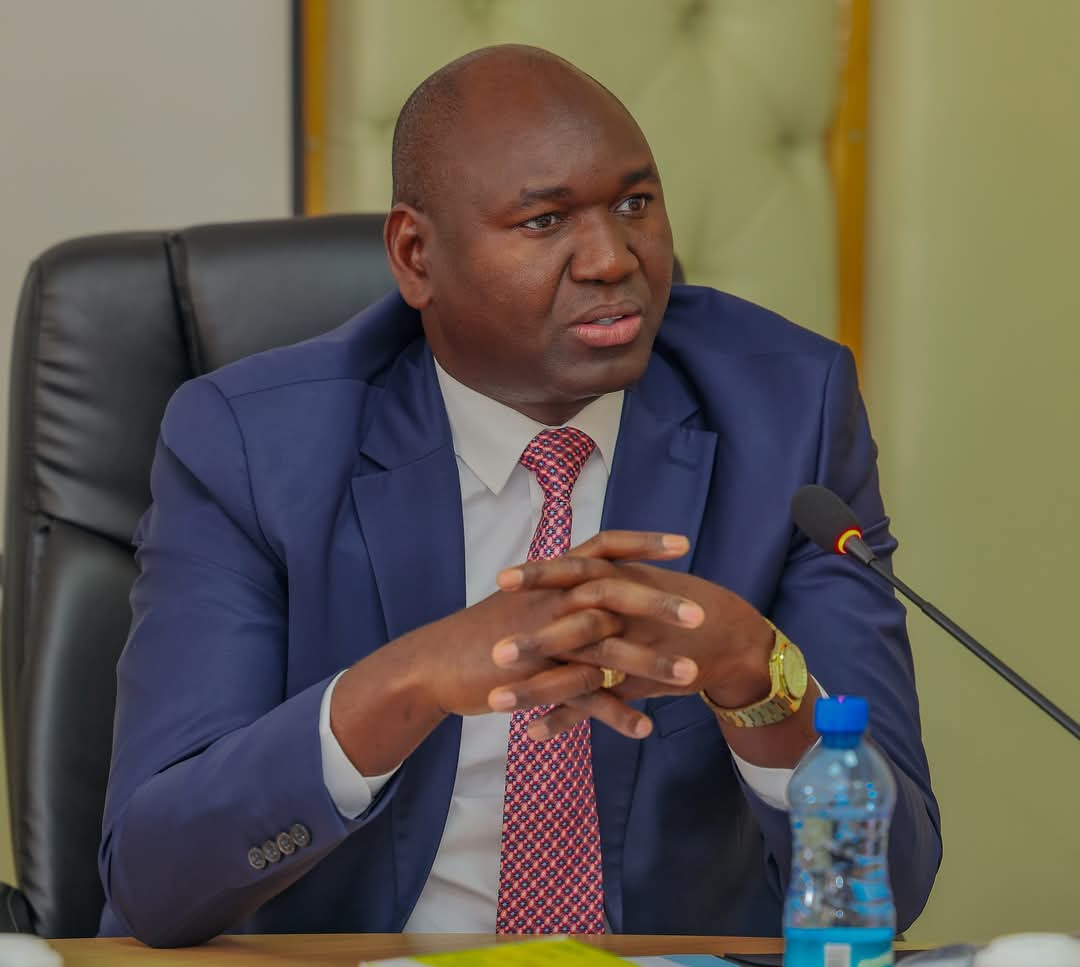
Read More
Bitok further explained that the directive was aimed at curbing financial mismanagement in public schools.
"We’ve had a problem for a long time. Sometimes, the government sets fees and some stakeholders increase the fees without consulting it. We are trying to make it as open and transparent as possible for everyone to see how the money goes,” he added.
In his ruling on Tuesday, April 1, Justice Chacha Mwita stated that there was no public participation carried by the government before the decision was announced.
The judge further noted that the Ksh50 fee imposed on transactions has no legal basis and pointed out that it is unclear who collects the funds and where they are deposited.
"The directive lacks a legal foundation and was issued without public participation. School fees are not government revenue to be collected through a national platform," he ruled.
The directive was issued in January 2024 by then Education PS Belio Kipsang.
Kipsang also ordered school heads to provide the respective particulars of their schools to be aligned with the government system.
“In preparation for the launch, please provide all your institution's bank account details in the following format: 1. account name, 2. bank, 3. account number, 4. bank code, and 5. branch code,” read the circular signed by the PS.
